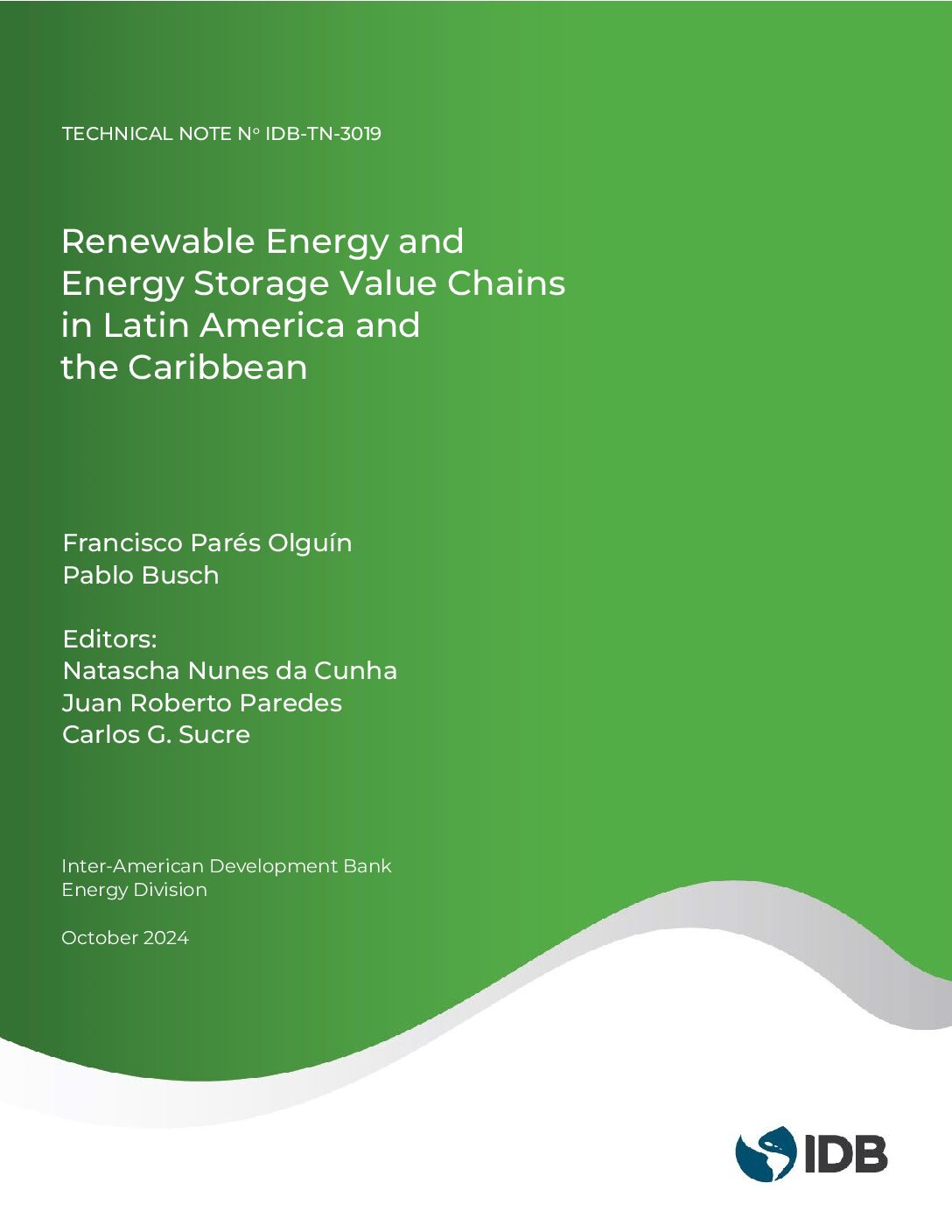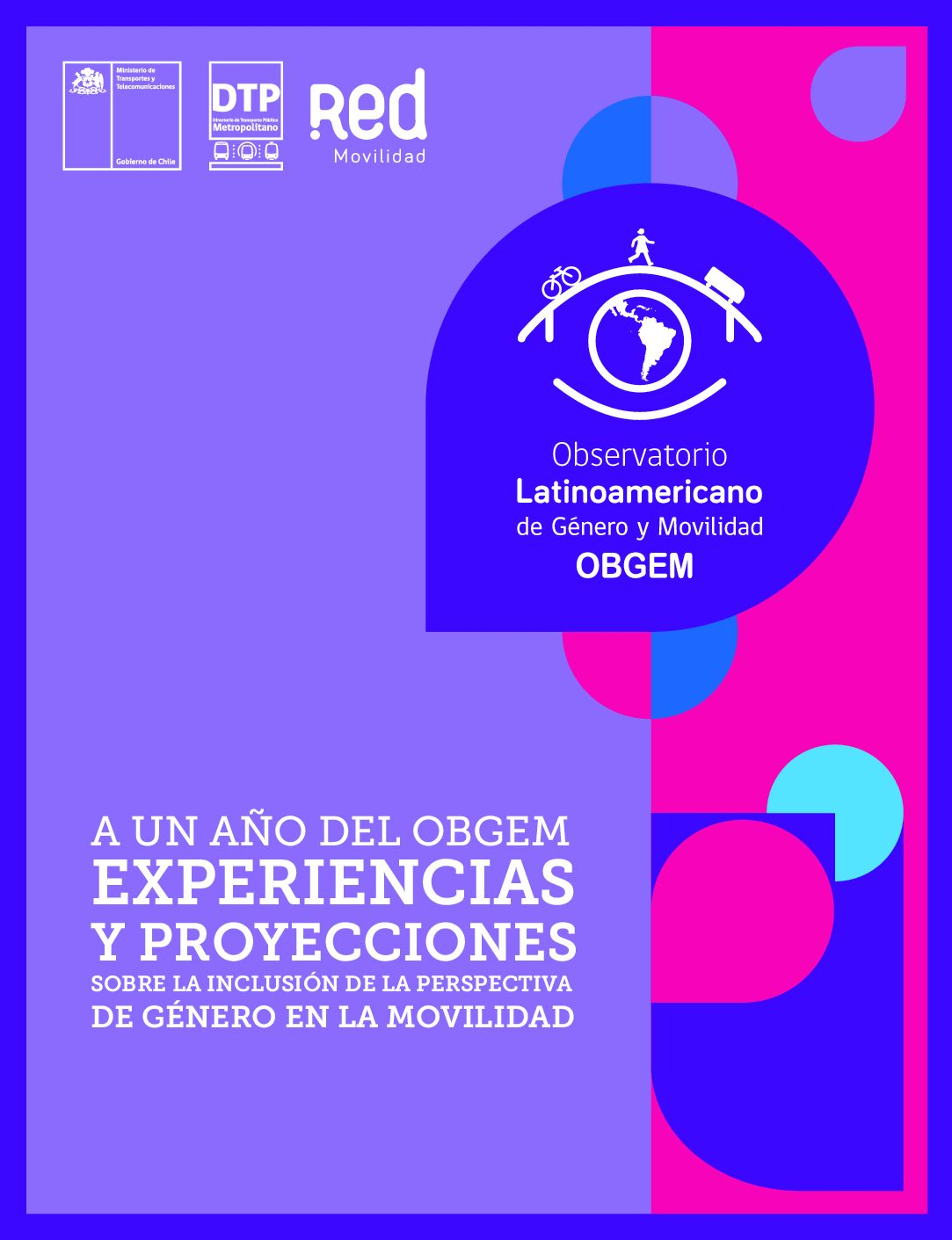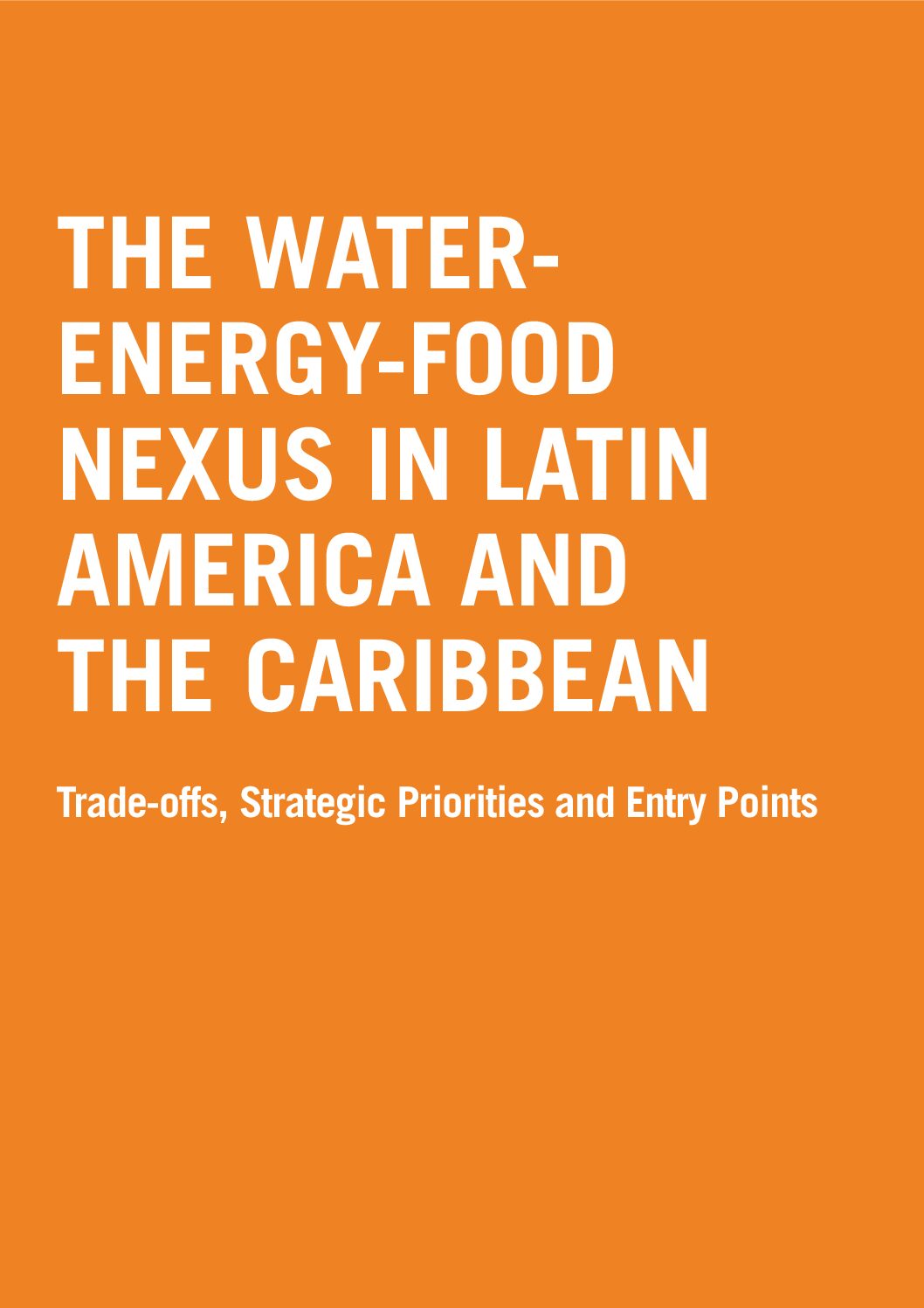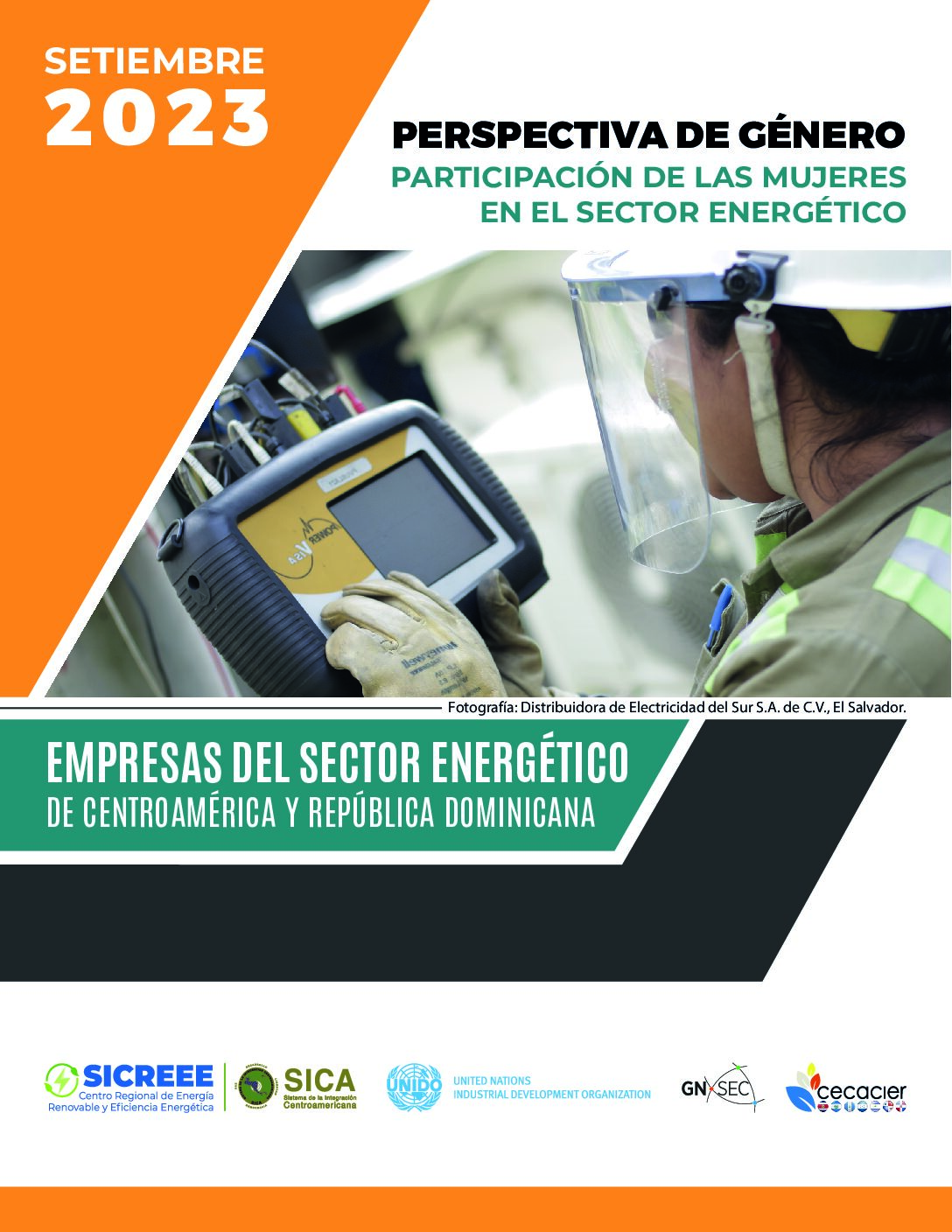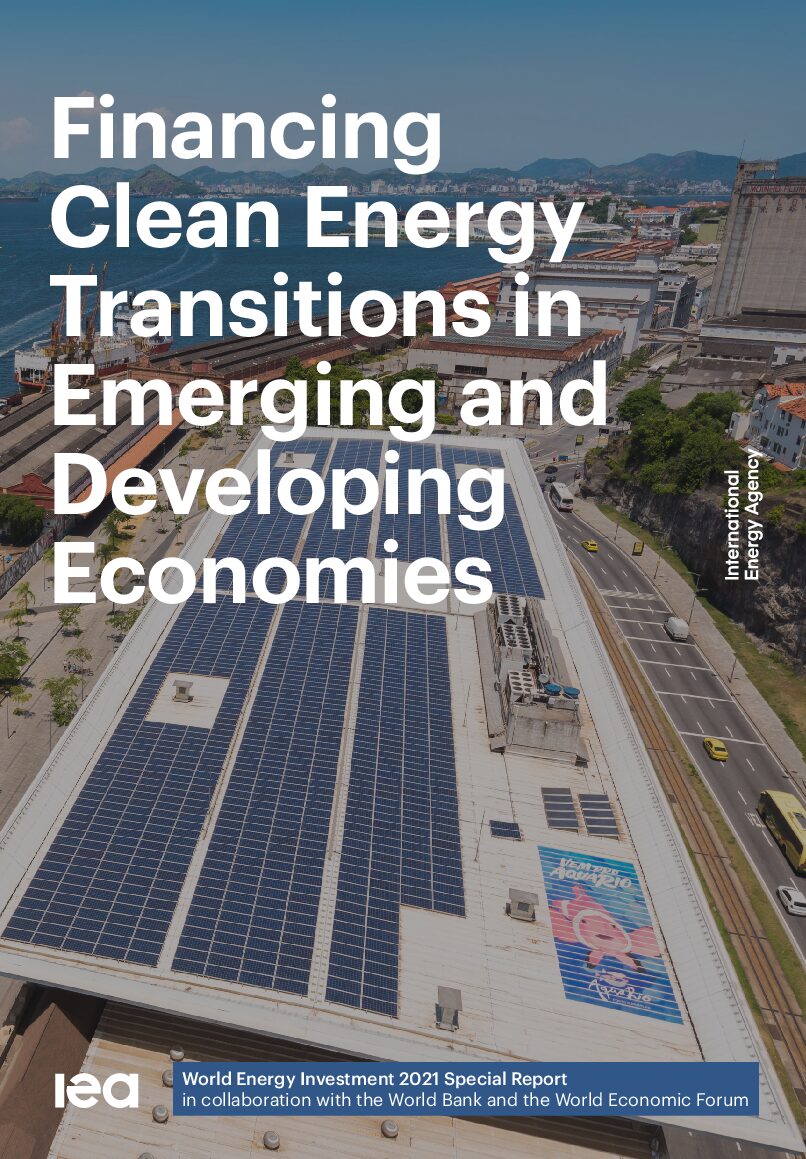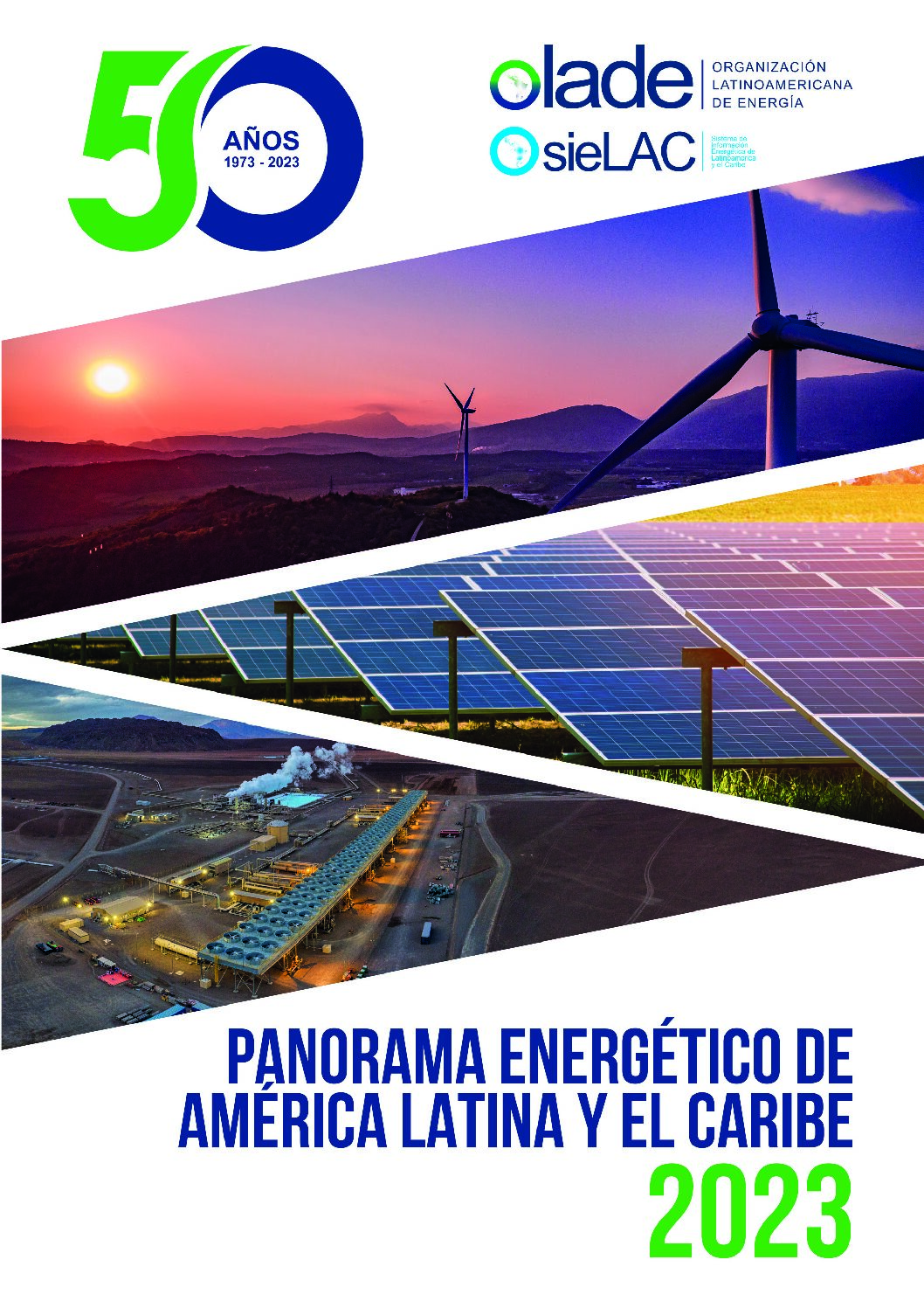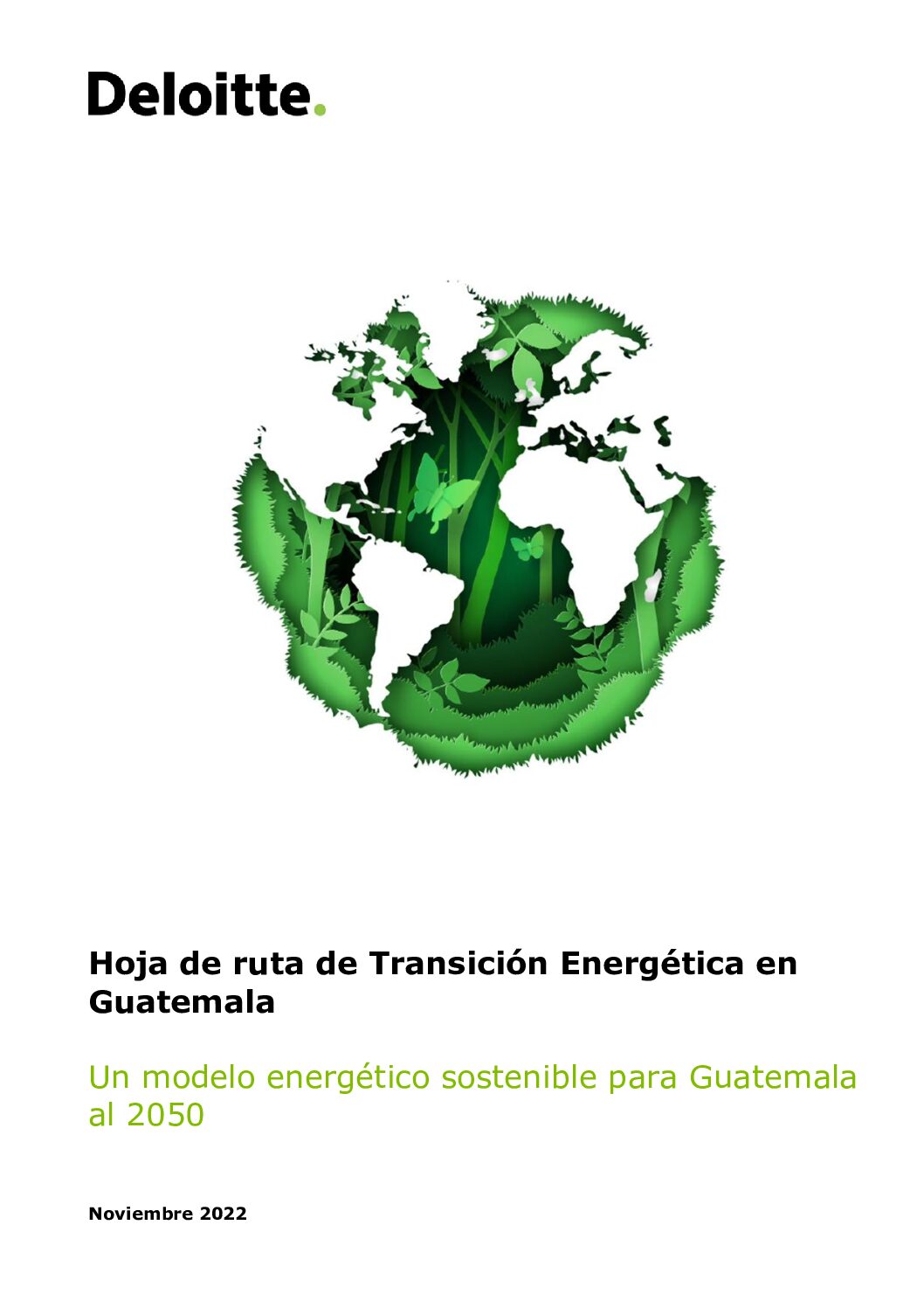This report identifies opportunities for Latin American and Caribbean countries in global renewable energy value chains. It focuses particularly on countries with significant mineral reserves, including Bolivia and Ecuador.
This report presents the Latinamerican Gender and Mobility Observatory and shares good practices in gender mainstreaming in transport from different Latin-American countries, including Bolivia and Guatemala.
This report presents a baseline study on e-mobility in Ecuador, future scenarios and a roadmap to 2030.
This report analyses linkages in the water-energy-food-ecosystem nexus – essentially resource management trade-offs and synergies — in transboundary river basin settings. It draws on 36 nexus case studies from transboundary river basins in Europe, Asia, Africa and the Americas, providing lessons for transboundary management and cooperation.
This report provides an overview of the water-energy-food nexus in Latin America and the Caribbean (LAC), identifying the main challenges and opportunities for achieving water, energy and food security in the region.
This report presents results of a gender equality survey conducted in 2022 among energy companies in SICA countries, and compares them to a baseline from 2019.
This report draws on nearly 50 case studies, on different energy transition-related sectors and issues and from all over the world, to distill recommendations for priority actions to get more investment flowing to under-served areas.
This report presents data on energy systems and trends, information on policy frameworks, and future scenarios on the energy system in the countries of Latin America and the Caribbean
This report seeks to map international climate finance flows towards decentralised renewable energy projects in Central America, with a case study on Guatemala.
This roadmap defines a scenario for a successful energy transition in Guatemala by 2050, and provides policy recommendations.

